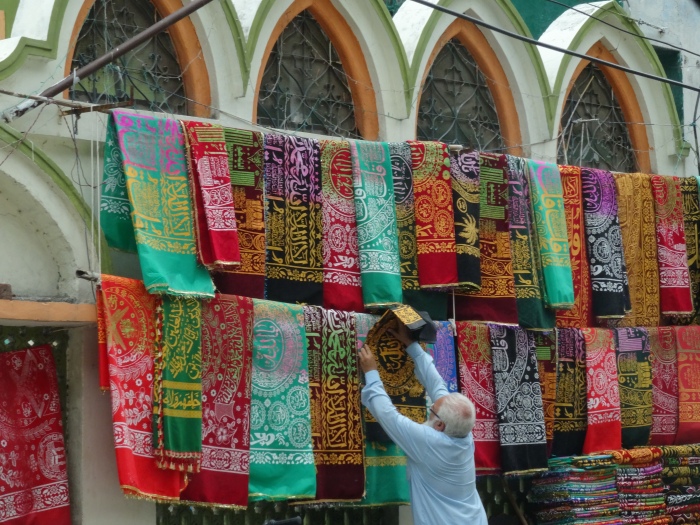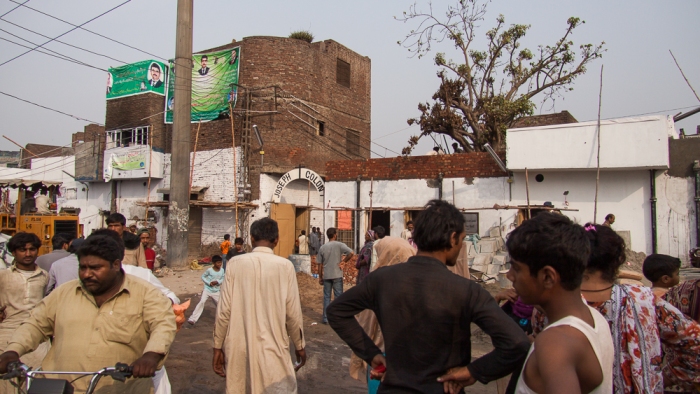On 19 June 2014, the Supreme Court of Pakistan, under the leadership of the then Chief Justice Tassaduq Hussain Jillani, made a historic ruling that significantly advanced the protection and promotion of the rights of religious minorities in the country. This judgment was a pivotal moment in the country’s legal and human rights history, reflecting a commitment to upholding the principles of equality and non-discrimination enshrined within the Constitution of Pakistan.
Since its inception, Pakistan has grappled with issues surrounding the rights and protection of religious minorities. Despite the vision of its founding father, Muhammad Ali Jinnah, who advocated for a secular and inclusive Pakistan, the reality for religious minorities has often been marred by persecution, discrimination, violence, and marginalisation. Incidents of blasphemy accusations, mob attacks, forced conversions, desecration of places of worship, and targeted violence have highlighted the urgent need for robust legal safeguards and proactive measures.
The 2014 judgment stemmed from a Suo motu notice taken by the Supreme Court following the Peshawar church bombing in September 2013, which resulted in the tragic loss of over 80 lives. This incident underscored the vulnerability of religious minorities and the need for the state to ensure their protection.
Continue reading “Ten long years: Reflections on the Supreme Court ruling that promised much for Pakistan’s religious minorities”
